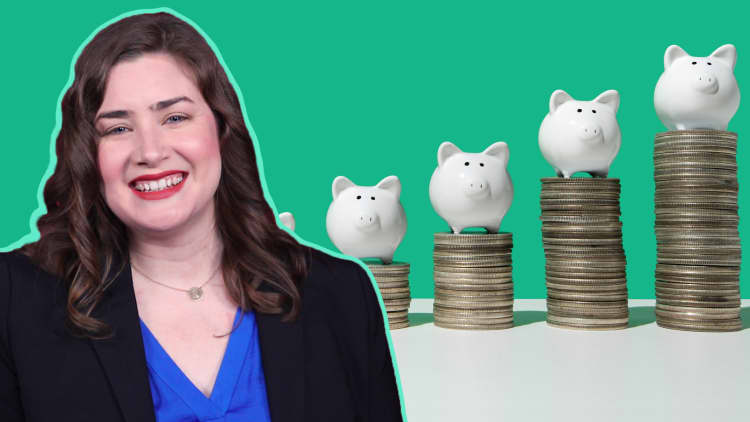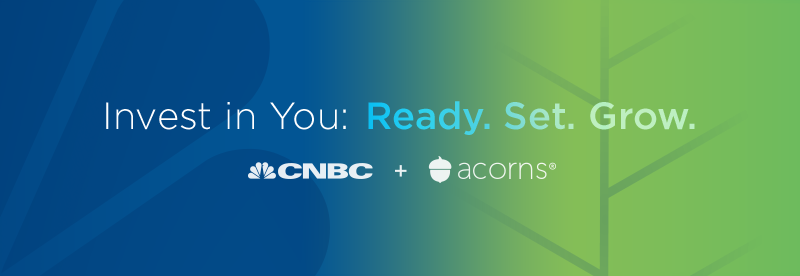Nearly 30% of millennials believe they will never retire, according to TD Ameritrade's 2018 Millennials and Money Survey. With stagnant wages and the soaring costs of education, health care and housing that they've experienced in their lifetimes — not to mention coming of age in one of the worst economic recessions in U.S. history — many are putting off saving for a time they're not sure will come as they struggle to make ends meet in their current daily lives.
While saving for a retirement you're not sure will happen might seem pointless, Erin Lowry, author of "Broke Millennial Takes on Investing," says it can actually provide younger generations with the stability and financial confidence they crave.
"It's important to prepare as if the world isn't coming to an end," says Lowry. "I can promise you that if you don't, you are guaranteeing yourself an apocalyptic fate, financially at least."
Millennials have reason to be worried about retirement. Economists at Vanguard and Morningstar Investment Management predict that real stock market returns will be lower in the future than they have been in the past: around 3% to 5%, on average per Vanguard, compared to 10% historically. To make up for that shortfall, millennials may have to push retirement back a few years and delay claiming their Social Security benefits.
Still, saving and investing now is important. To set yourself up for success down the road, start investing in a 401(k) or, if you do not have access to one at work, an IRA, says Lowry.
If you haven't started saving and investing yet, here's what to keep in mind.
How to get started investing
It's smart to start investing "as soon as you possibly can," according to Lowry.
Starting early is important because the earnings you make on your investment contributions compound over time. In other words, you not only earn returns on the money you invest, you also earn returns on those returns. That can help you save hundreds of thousands of dollars over time. Check out this compound interest chart, which The New York Times columnist and author Ron Lieber says changed his life.
"As soon as you have access to a 401(k) plan through work, or as soon as you are out on your own after college, put some money away," Lowry says. "Bare minimum, 1%" of your earnings.
More from Invest in You:
Women must keep finding ways to avoid the 'money FOG'
Why everyone should get a prenup, according to 'Broke Millennial' author Erin Lowry
Jean Chatzky: Here's how women can take control of their finances
Ideally you'll save more than 1% of your income — Lowry says at least 10% is ideal — but if that's all you can afford right now, it's better than nothing. Start small and incrementally increase how much you're saving over time to hit your target percentage.
Even though 1% might not seem like a lot, you're still building the savings habit, says Lowry. Automate your contributions, and set up auto-escalations to increase your contribution percentage every six months or year.
"You keep pushing and pushing slowly until you meet your goal," says Lowry.
CHECK OUT: How to get Costco savings without buying the $60 membership via Grow with Acorns+CNBC.
Disclosure: NBCUniversal and Comcast Ventures are investors in Acorns.








